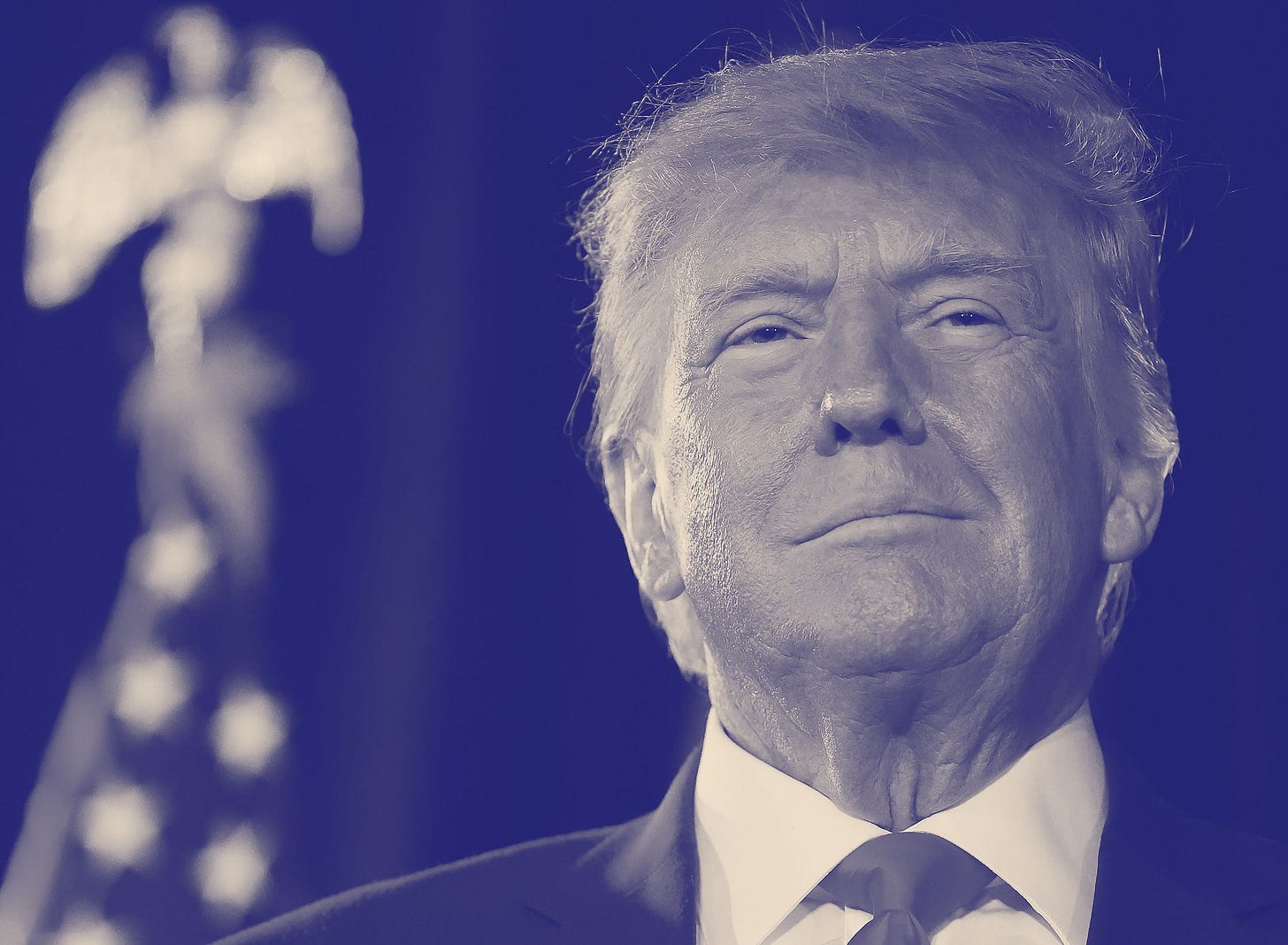Quantus Insights Survey What July's Numbers Say About the American Mind
Clarity Without Consensus in a Post-Election Landscape.
The July 17 2025 survey of 1,000 registered voters captures a nation that is not lost, but lucid and clear-eyed in its judgments, even where it is bitterly divided.
Trump's Standing: A Shift in the Educated Class
President Trump’s overall job approval sits at 48%, with 50% disapproving—a near-even split, though still net negative. But the movement beneath the surface is what demands notice. Among college-educated voters, his approval has risen to 47%, up from levels seen in 2024 — a subtle, surprising shift for a group once seen as a Democratic firewall. The gap with non-college voters has narrowed to 48% approval.
Whether this signals a trend or just a temporary blip remains to be seen, but it's clear the former president's rhetoric is showing support with more than just the non-college working-class base.
Generic Congressional Ballot: Advantage GOP, But Soft
In the national head-to-head, Democrats lead Republicans 44% to 42% on the generic congressional ballot. It's a slim advantage, but one that contradicts the narrative of Republican momentum. The picture gets more complex when broken down demographically: Republicans lead among men (46% to 41%) and white voters (47% to 38%), but Democrats dominate with women, younger voters, and voters of color.
Independents remain a wildcard. Nearly one-third are still undecided, not checked out—but cautious. These aren't disengaged voters; they’re wary, weighing options. The race for the House isn’t heading for a blowout. It's a dead heat in slow motion.
Epstein Fallout: Low Trust, High Disapproval
On the sensitive question of Trump’s handling of the Jeffrey Epstein case, disapproval dominates across all party lines: 61% disapprove — 48% of Republicans, 64% of Independents, and 71% of Democrats disapprove. Approval barely breaks into the double digits among Democrats (17%) and Independents (22%). Even within Trump’s base, only 30% approve.
In a follow-up, 53% of voters said they were dissatisfied with the amount of information released about the case. Just 6% were satisfied. Notably, nearly a quarter said it "doesn't matter" — an indicator, perhaps, of cynicism or fatigue. But the takeaway is clear: transparency is lacking, and voters know it.
401(k) Performance: The Unexpected Bright Spot
In a rare point of consensus, 55% of voters said their retirement savings outperformed expectations in 2025. Another 32% said returns met expectations. Only 10% were disappointed. That optimism cuts across class and party lines: 60% of Republicans, 54% of Independents, and even 50% of Democrats say their plans did better than they’d thought. It’s a rare moment of economic relief and a reminder that for many, pocketbook realities still shape political sentiment.
Conclusion: Lucidity in the Divide
These are not confused voters. They are deeply divided — yes — but remarkably consistent in their views. They are skeptical of secrecy, cautious in their partisanship, but responsive to perceived competence and performance. The Trump administration’s standing has improved among college-educated and retirement-secure voters. But scandals like Epstein remain radioactive.
If there’s one lesson from this survey, it's that Americans know what they see. And in 2025, they are watching closely.


